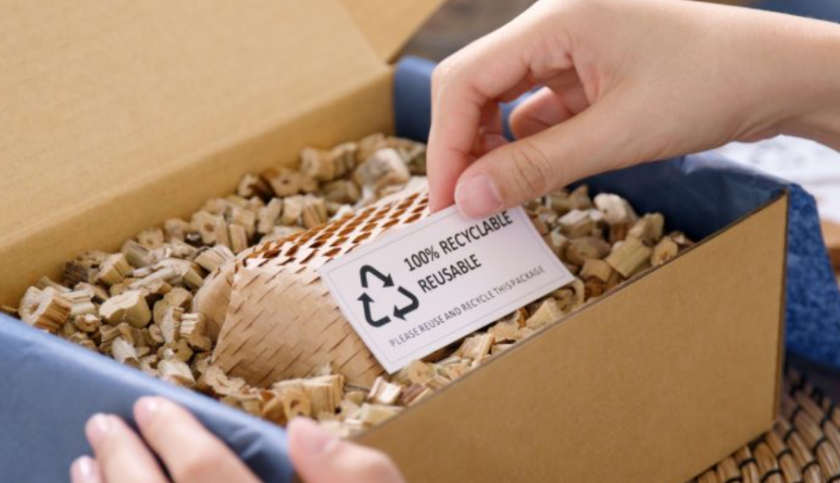Starbucks is testing a new reusable cup program in Seattle this spring. The Borrow a Cup program started at five stores on March 30 and will last through May 31.
The Seattle-based coffee giant partnered with Go Box, which has previously worked with other food chains to create reusable and returnable food products. For an extra dollar, Starbucks customers can get their fancy Venti peppermint mocha whatevers in a reusable cup, and then return it next time they come in by scanning it at a kiosk or through a local Seattle pickup service called Ridwell.
Starbucks is launching an experimental "borrow a cup" program at select locations in its hometown, Seattle.
The program is part of the company's aim to make its cups more sustainable, and it will kick off as a two-month trial in five stores. https://t.co/31EIc32mYe
— CNN (@CNN) April 6, 2021
Once the cup is returned, it will be cleaned and sanitized, and the user will get their dollar back toward Starbucks credit in addition to 10 “bonus stars” on their Starbucks rewards profile, according to Nation’s Restaurant News.
“Promoting reusability is an important part of Starbucks’ goal to reduce waste by 50% by 2030,” Michael Kobori, chief sustainability officer for Starbucks, told NRN. “We understand the interdependency of human and planetary health, and we believe it is our responsibility to reduce single cup waste. We will lead the transition to a circular economy.”
Other fast food restaurants have experimented with similar sustainability programs. In the U.K., Burger King stopped giving out plastic toys and placed boxes for people to submit their old toys for recycling. Burger King is also introducing reusable packaging for sandwiches and drinks.
The partnership with a pickup program like Ridwell is also like how certain home goods products are using reusable packaging for common household items, which can then be recycled back into the supply chain.
“We are so excited to be partnering with a fellow Seattle company dedicated to making reuse possible at a much bigger scale,” Caroline Stanford, vice president of marketing for Ridwell, told NRN. “Our members have told us they overwhelmingly prefer to shop with businesses that are invested in sustainable practices—if we can crack the code with programs like Borrow a Cup, there is such a huge opportunity to reduce the waste footprint in our communities.”
Starbucks Korea also announced recently that it would work to reduce its carbon footprint by 30% and eliminate single-use cups in stores by 2025, using the Go Box rollout as a guide for future programs.
This has been years in the making for Starbucks, which even pledged $10 million to find a recyclable single-use coffee cup in an effort to limit waste. It’s also playing catch-up with Dunkin, which committed in 2018 to phase out styrofoam by 2020.


